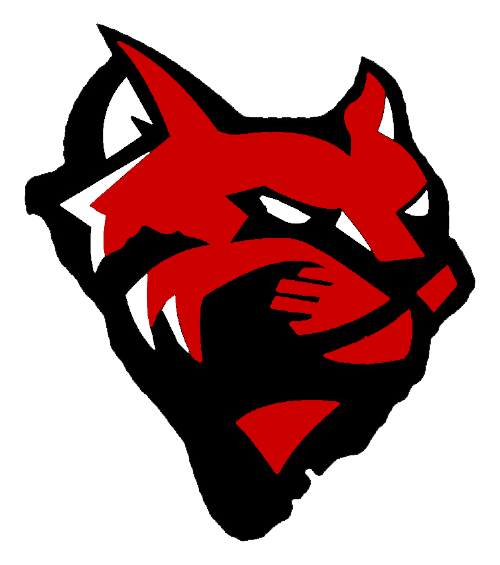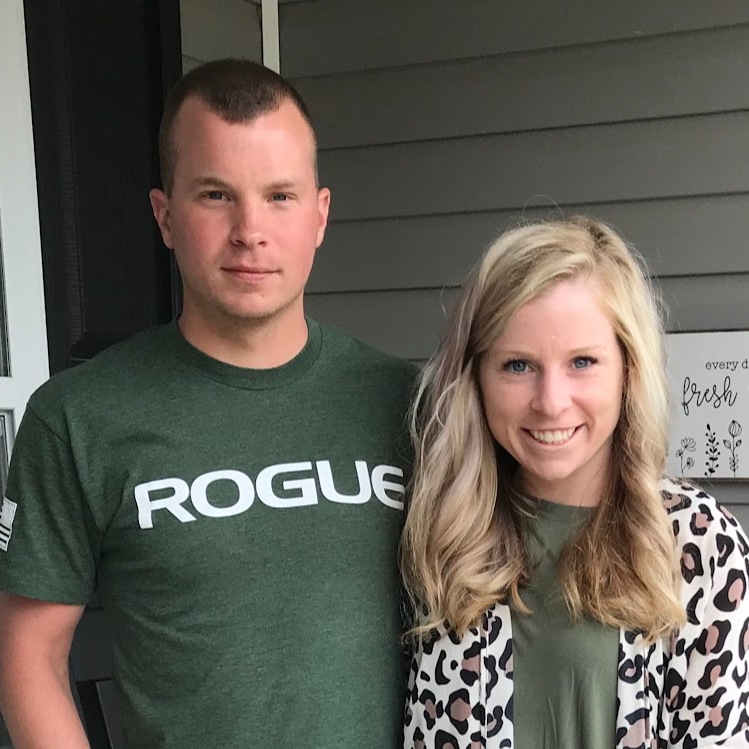Hello, CGS Family!
My name is Caitlyn Grigg, & I began my career as a school counselor in August 2018. I spent my first two years as an elementary school counselor in Greenville County. I am so blessed to have found my way home to Spartanburg District 1 (Chapman High School, class of 2012) in 2020. After graduating high school, I attended the College of Charleston to obtain my undergraduate degree in Psychology. I obtained my Masters & Education Specialist degrees in School Counseling from Clemson University. HOWEVER, my husband & I are tried & true Carolina Gamecock fans. Mr. Grigg attended the University of South Carolina - Columbia, so we have spent many Fall Saturdays in Williams-Brice stadium! We have one fur-child, a yellow lab named Folly. When I'm not at school, my favorite self-care activities are exercising, reading, sipping coffee while online shopping, & taking day trips to Charleston, SC &/or Gatlingburg, TN.
One of my favorite things about being a school counselor is that I get to spend time with students for more than one year of their elementary/middle school experience. This puts me in a unique position to watch them grow both academically & socially from K4/K5-8th grade. Another favorite aspect of my job is that I am in a role of restorative practice for students. In other words, I get to help students process negative life experiences &/or negative social choices & allow them the space to decide how they want to change their experiences and choices for the better. It is my absolute joy to provide a space in the school building for students to come to, knowing they will not be judged nor punished for their thoughts or actions.
Lastly, I like to think of myself as a teammate to students & staff. I am by no means an expert on matters of the heart, but I am by all means an adult willing to come alongside them in their social/emotional (& academic/career planning) journey to collaborate on how to move forward in a mature, productive way.

